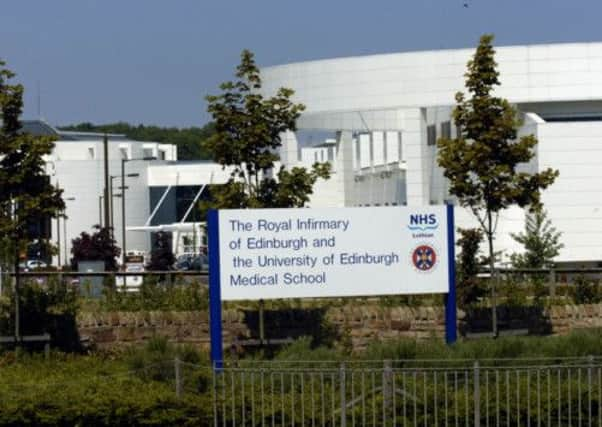Leader: NHS may need new options


Every winter, hospitals and GPs struggle to cope with the increased number of patients – especially among the elderly and those suffering from flu and winter vomiting – and every summer they struggle to deal with the simple fact that NHS staff might want to take summer holidays. This year, as we report today, the annual summer strain is approaching crisis point.
This is unacceptable. We have, since the foundation of the NHS, come to expect a given standard of care. Perhaps we have taken this too much for granted, underestimating just what an extraordinary amount of organisation and money goes into producing a truly national and truly universal health service free at the point of need. But we expect, nevertheless, to be able to turn up at an A&E department and be seen within a certain period of time, or to place a frantic call to a GP in the middle of the night about a desperately sick child, and have that call answered. If it cannot meet these two key needs, the NHS is no longer a functioning national health service as we have come to understand it.
Advertisement
Hide AdAdvertisement
Hide AdOne of the root causes of the summer shortage is a GP contract that allows doctors to opt out of evening and weekend work. Viewed from the vantage point of other professions – and even other branches of medicine within the health service – this seems curious. Our GPs do an increasingly difficult job with great professionalism and vast reservoirs of caring concern, and they deserve our appreciation. But healthcare –even at local GP level – is not a nine-to-five service. Even with the growth of telephone healthcare services such as NHS 24, there is still going to be a need for a trained professional to come to the bedside of an ailing child or an infirm pensioner and give an in- person assessment of their condition and the required course of remedial action. It is curious why this is not regarded as one of the core functions of being a fully-renumerated GP.
Amid the concern, there is one heartening aspect of the Scottish health authorities’ response to this crisis. That is the decision to use what the Scottish Government is calling “all necessary mechanisms” to fill the gaps, apparently including private medical providers. This, of course, contravenes the Scottish Government’s self-imposed ban on exploring the role that private specialist firms can play in healthcare provision in Scotland, both in primary care and in particular surgical areas. Nicola Sturgeon famously refused to renew an NHS contract with a private firm that had led to cuts in waiting times and improvement in outcomes for Scottish patients requiring knee transplants. This was done for purely ideological reasons.
Patients putting their trust in the NHS do not particularly care about the accounting method by which their surgeon, their nurse or their GP gets paid by the government, as long as the treatment is expeditious, is delivered with kindness and is a clinical success. With the summer and winter crises likely to continue as the NHS comes under increasing strain, perhaps it is time for Scottish Government ministers to look again at how it procures healthcare, and to see specialist private providers as people with a role to play in making the NHS function properly, and not just as a last-minute emergency measure in a desperate bid to stave off a calamitous collapse.
Cell children scandal
ONE of the benefits of bringing Scotland’s police forces under the umbrella of one organisation, Police Scotland, must be that operational policing across the country will become more consistent. The way offenders, or suspects, are treated should not depend on location. Yet, as our report on page five today shows, prior to reorganisation, some force areas had a much poorer record than others when it came to detaining young people under 16 in cells overnight. Legislation passed almost 20 years ago made it clear that young people - unless their crime was of extraordinary magnitude - should not be detained in police custody. Even if circumstances are exceptional - a murder for example - the suspect should be kept in another “place of safety.” Yet children as young as 12 have been detained for lengths of time that are also in breach of the UN Convention on Human Rights. Children’s rights campaigners are correct to claim this should not be happening and that Police Scotland should ensure the legislation is complied with at all times. Children’s Commissioner Tam Baillie makes a crucial point that there is a major disparity between the numbers of children held in overnight custody compared to appearances in Sheriff’s courts, suggesting the offences they were suspected of do not fit the extraordinary circumstances category. This practice should end now.